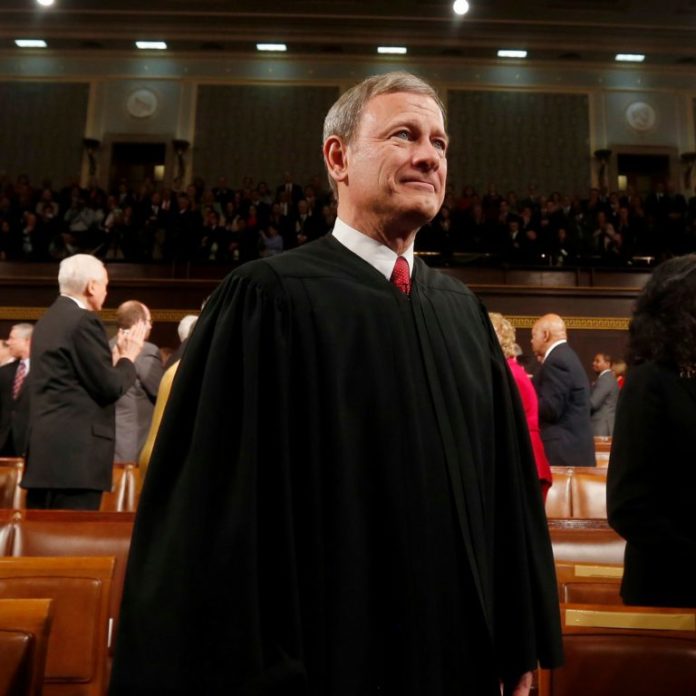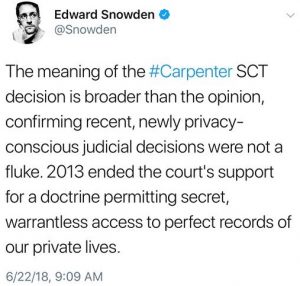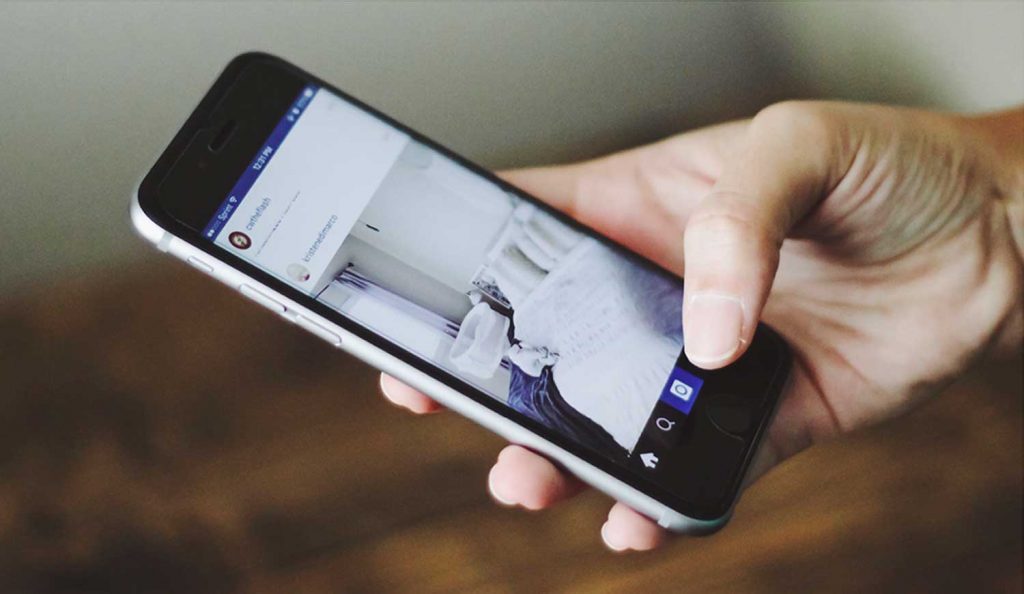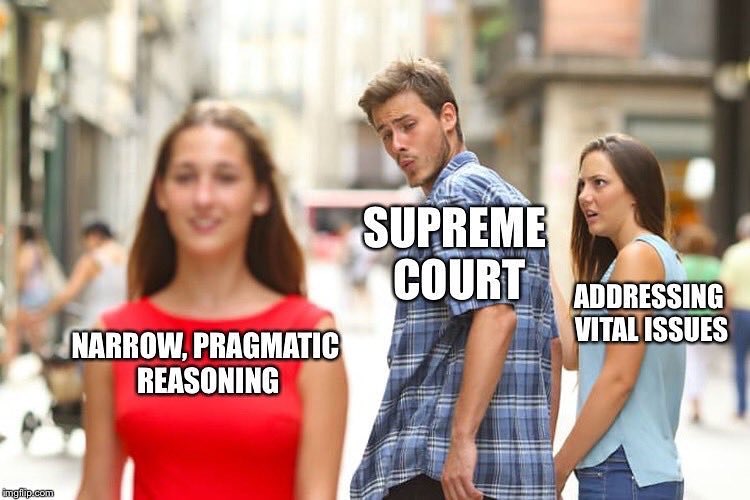
The United States Supreme Court, in a 5-to-4 decision for the case Carpenter v. United States, ruled cops cannot access cell phone tracking information without a warrant. Around the country, privacy advocates and the mainstream media are hailing it as a “landmark” case. We’re told it has implications, “significance” for not only Fourth Amendment searches and seizures, but also for First Amendment expressions of speech. While better than the alternative, Friday’s decision is far from a satisfying answer.
Also read: Troll Slayer: Derek Magill Defends Peer-to-Peer Electronic Cash Against Defamation
Supreme Court Issues Narrow Cell Phone Privacy Victory
For the cryptocurrency community, cell phones, smart phones, mobile phones are a vital part of life. The misnomer is that they’re referred to as “phones.” They’re of course much more. They are computers, hot hard drives many of us use as wallets, storing, at times, hundreds and thousands of dollars worth of decentralized coins.
“Given the unique nature of cell phone location information,” wrote Chief Justice John Roberts for the slim majority, “the fact that the Government obtained the information from a third party does not overcome Carpenter’s claim to Fourth Amendment protection. The Government’s acquisition of the cell-site records was a search within the meaning of the Fourth Amendment.” 
In the US Constitution, almost as an afterthought, rest Amendments. Twenty seven, in fact, help in large measure to clarify issues later deemed important. In nearly 230 years since its first ratification, the document has only been amended a little better than two dozen times, and its initial ten came as a package. Known as the Bill of Rights, its Fourth Amendment reads, “The right of the people to be secure in their persons, houses, papers, and effects, against unreasonable searches and seizures, shall not be violated, and no Warrants shall issue, but upon probable cause, supported by Oath or affirmation, and particularly describing the place to be searched, and the persons or things to be seized.”
The Fourth is often used as a barrier between ordinary persons and government employees of the martial variety, such as local, state, and national law enforcement. While it’s no panacea, it can be used after the fact to render an arrest or even a conviction moot. Timothy Carpenter’s prosecution was aided by cops using tracking information collected as a matter of course by providers. Essentially, police reverse-engineered Mr. Carpenter’s whereabouts relative to reported crime through his cell phone tower pings. Together with other evidence, Mr. Carpenter was convicted and sentenced to 116 years. He appealed, zeroing in on how key cell tower evidence was obtained unconstitutionally, without a warrant as required by the Fourth. The Court agreed, and the Chief Justice was joined by Justices Kagan, Sotomayor, Ginsburg, and Breyer.

Ross Ulbricht Implications?
To be perfectly honest, Constitutional arguments leave me cold. Superstitious reverence for a document I never signed, and on which my rights were smuggled by virtue of mere circumstance, the DNA lottery, is, to my way of thinking, very queer. Nevertheless, it is the real world system I live under, and so when nine persons chartered with interpreting what that ancient document means as it ultimately relates to my life, I do well to pay attention.
Carpenter doesn’t pretend to be more than narrowly requiring police, in cases involving cell phone tracking, to seek a warrant. Those are easy enough to obtain, as judges in many instances act as law enforcement’s rubber stamp. It’s a speed bump on the way toward a false faith in government’s ability to restrict itself. Probably a great revelation for most Americans is the substance of the case’s facts rather than more abstract principles.

It turns out your every move is being tracked by law enforcement, and it’s possible due to a kind of time machine … a default feature and bug necessary to the function of cell technology. Turn off GPS, and you’re still going to need towers to make your phone work as a phone. So long as that is the case, years later police, with mere permission from a judge, are able to charge you with a crime based on your previous whereabouts. Again, Mr. Carpenter’s case is effectively overturned due to an administrative error, allowing law enforcement to poison the fruit of evidence against him. Had they won a warrant, Mr. Carpenter would have no standing at the Supreme Court.
Carpenter might be a victory in a more important limited sense. Ross Ulbricht’s “legal team believes the outcome of the Fourth Amendment Carpenter case will affect Ross’s petition conference,” these pages reported. Lyn Ulbricht, Mr. Ulbricht’s tireless mother, explained to Reason the Ulbricht appeal to the Supreme Court is being considered, seemingly “pending another important Fourth Amendment case, Carpenter v. U.S. […] Ross’ case is still before the courts.” Now that the Court has reversed Carpenter, Ms. Ulbricht hopes “they would remand [our case] and return it to the appellate courts. Ross would be back in New York in front of the 2nd Circuit, but with guidance from the Supreme Court […] Then I would hope that they would say we’d have a retrial. At the least, I would hope and pray for a resentencing.” Ross Ulbricht is serving double life.
Do you think the SCOTUS decision is good for the crypto community? Let us know in the comments.
This is an Op-ed article. The opinions expressed in this article are the author’s own. Bitcoin.com does not endorse nor support views, opinions or conclusions drawn in this post. Bitcoin.com is not responsible for or liable for any content, accuracy or quality within the Op-ed article. Readers should do their own due diligence before taking any actions related to the content. Bitcoin.com is not responsible, directly or indirectly, for any damage or loss caused or alleged to be caused by or in connection with the use of or reliance on any information in this Op-ed article.
Images via the Pixabay.
Verify and track bitcoin cash transactions on our BCH Block Explorer, the best of its kind anywhere in the world. Also, keep up with your holdings, BCH and other coins, on our market charts at Satoshi Pulse, another original and free service from Bitcoin.com.
The post Supremes Uphold Cell Privacy, Hope for Ross Ulbricht appeared first on Bitcoin News.

Bitcoin.com is author of this content, TheBitcoinNews.com is is not responsible for the content of external sites.
Our Social Networks: Facebook Instagram Pinterest Reddit Telegram Twitter Youtube










